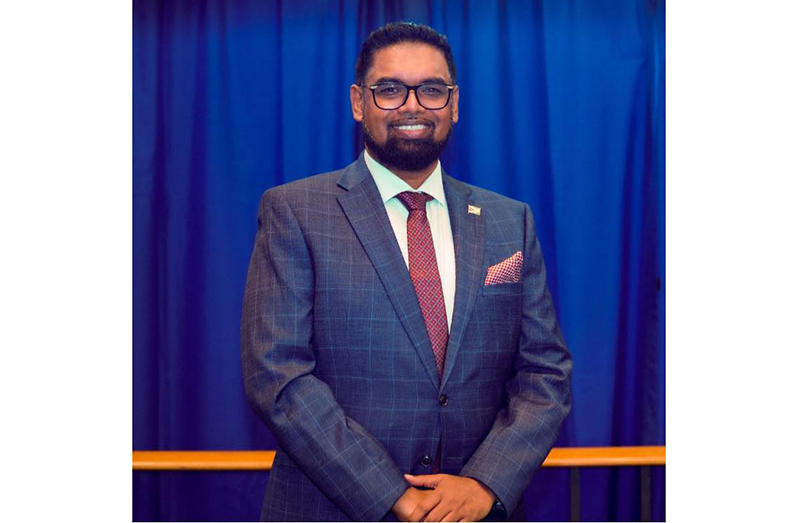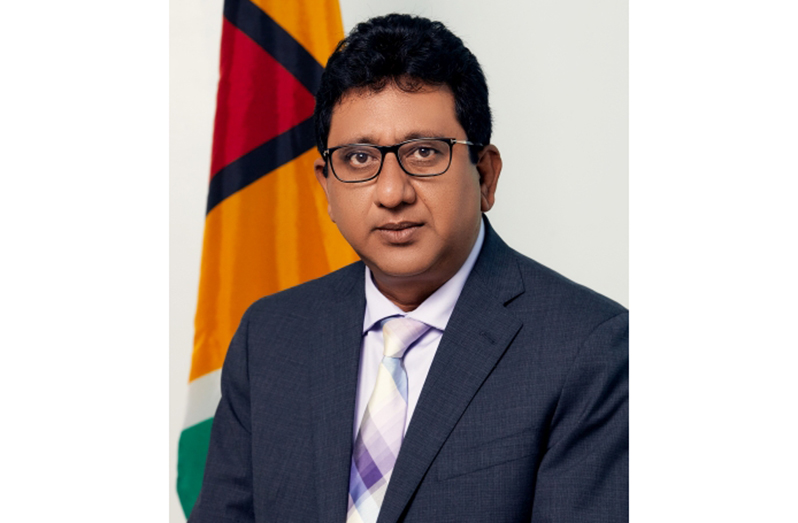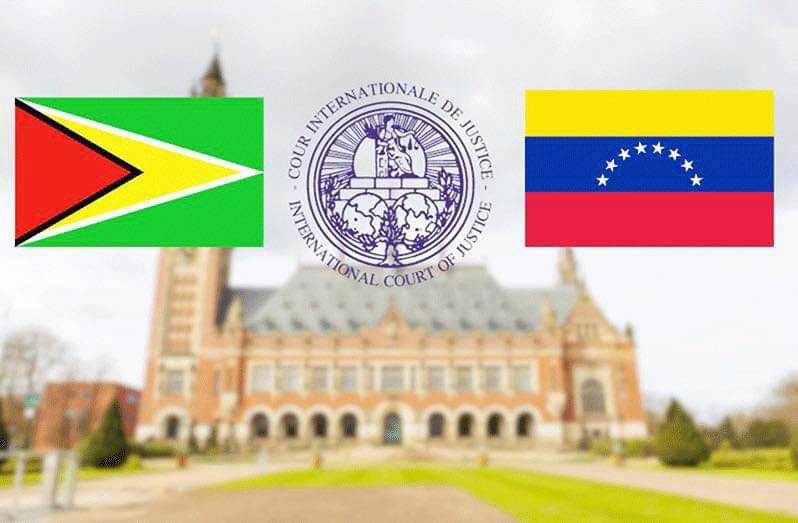THE International Court of Justice (ICJ) is set to deliver its ruling today (December 1, 2023), on Guyana’s request for provisional measures to prevent any action by Venezuela that could lead to the annexation of Guyana’s territory.
The decision, expected at 10:00 hrs, will be handed down by the President of the ICJ, Justice Joan E. Donoghue, at the Peace Palace in The Hague, the Netherlands.
The urgency surrounding this ruling stems from Venezuela’s scheduled referendum on December 3, prompting Guyana to seek protective measures to safeguard its sovereignty in the Essequibo region.
The gravity of the situation is underlined by the potential harm posed by Venezuela’s actions, as outlined in the referendum, which includes rejecting the 1899 Arbitral Award, challenging the ICJ’s jurisdiction, and formally annexing the Essequibo Region.
The referendum also seeks to give Venezuelan citizenship and national identity cards to the Guyanese population, and to develop the territory as part of Venezuela, “Guayana Esequiba.”
Venezuela’s Vice-President, Delcy Rodriguez, during the oral hearing at the court, expressed her nation’s complete disregard for the ICJ’s authority in addressing the border controversy.
However, renowned international legal counsel, Paul Reichler, supporting Guyana’s case, had emphasised the strategic nature of Venezuela’s referendum.
He stressed that it aims not only to assess public opinion, but to also secure popular support for decisions already made at the highest levels of the Venezuelan government.
Reichler underscored the need for the ICJ’s intervention to prevent “incalculable and irreparable injury” to Guyana’s rights, particularly in the Essequibo region.
The impending ruling holds significant importance for Guyana’s ongoing territorial controversy with Venezuela.
The genesis of the controversy dates back to the 1899 Arbitral Award, a landmark decision that delineated the land boundary between then British Guiana (now Guyana) and Venezuela.
Despite historical arbitration, tensions persisted, leading Guyana to approach the ICJ in 2018, seeking affirmation of the award’s legitimacy.
The ICJ’s provisional measures, if issued, are binding on the parties involved. Under the UN Charter, all states are solemnly bound to comply with the court’s orders, which can be enforced by the UN Security Council.

Guyana had reached out to the international community to call attention to Venezuela’s actions that are completely outside the norm of the Rule of Law, and which present a real threat to the peace and security of the Latin American and Caribbean Region.
In denouncing this referendum and taking this matter to the Court, Guyana enjoyed the full, principled and unequivocal support of CARICOM, the Commonwealth and its other development partners around the world.
President, Dr Irfaan Ali, had expressed confidence in the court’s ability to uphold justice. But while recognising Venezuela’s right to consult its people on national matters, President Ali highlighted the extraordinary nature of the referendum.
He highlighted that it goes beyond ordinary consultation, constituting a potential licence to violate Guyana’s fundamental rights as a sovereign state.
“What Venezuela seeks by way of this so-called referendum is a licence not only to break the law, but to crumble it to bits – a licence to violate and destroy Guyana’s fundamental rights as a sovereign State,” the Head of State said during a recent press conference.
President Ali had said that Guyana is confident that the Court will order Venezuela not to take any action that violates or interferes with its rights to and in the Essequibo Region during the remainder of this case, until the Court has ruled on the legal validity of the 1899 Arbitral Award and Guyana’s eternal rights to this territory.

“We neither expect nor need the Court to stop Venezuela from holding its referendum. What we expect, and need, is an order from the Court preventing Venezuela from carrying out any of the hostile actions that might be endorsed by that referendum, or any other actions that interfere with Guyana’s sovereign rights,” he said.
Attorney-General and Minister of Legal Affairs, Anil Nandlall, S.C., had expressed confidence that “justice will prevail”.
“The Government of Guyana remains optimistic that the Rule of Law and justice will prevail. We are confident that appropriate orders will be made that will not only protect our territorial sovereignty but will also protect the integrity of the legal proceedings, which will continue to remain pending in the court even after this ruling Friday,” Nandlall told this newspaper.
The Attorney-General highlighted that the ICJ has a duty to safeguard the integrity and sanctity of proceedings pending before it.
He expressed confidence that the court would not allow actions that could undermine its own process, especially concerning a party involved in an ongoing litigation.
“It is inconceivable that the court will stand idly by and allow a party to litigation which is pending before the court to take steps that will not only affect the pending litigation, but will undermine the court’s own process,” Nandlall said.
The substantive case, which highlights the historical context and the 1899 Arbitral Award, remains before the World Court.



.jpg)









